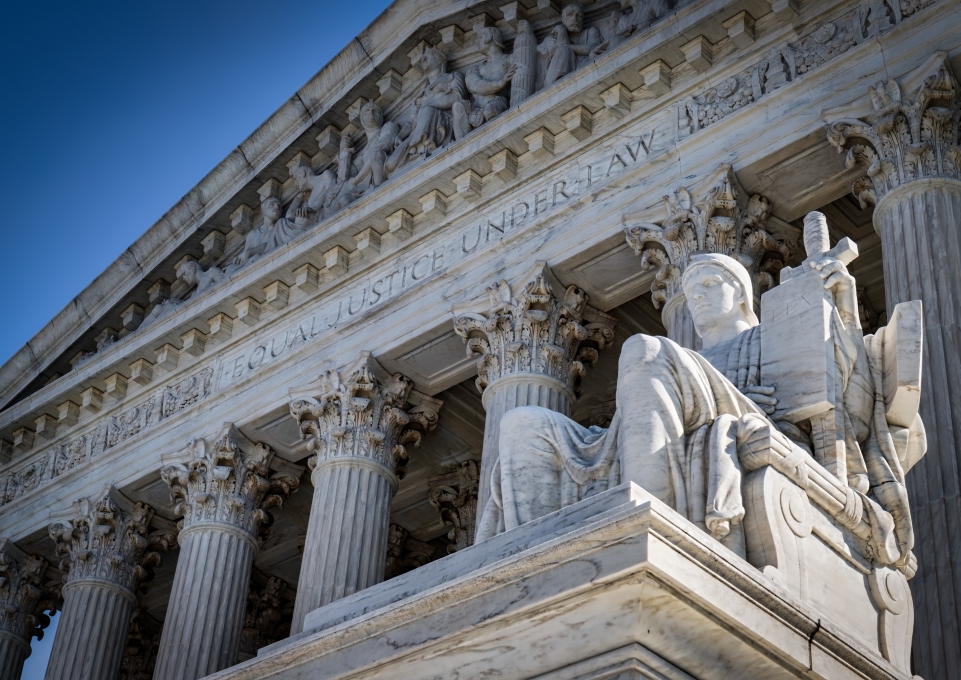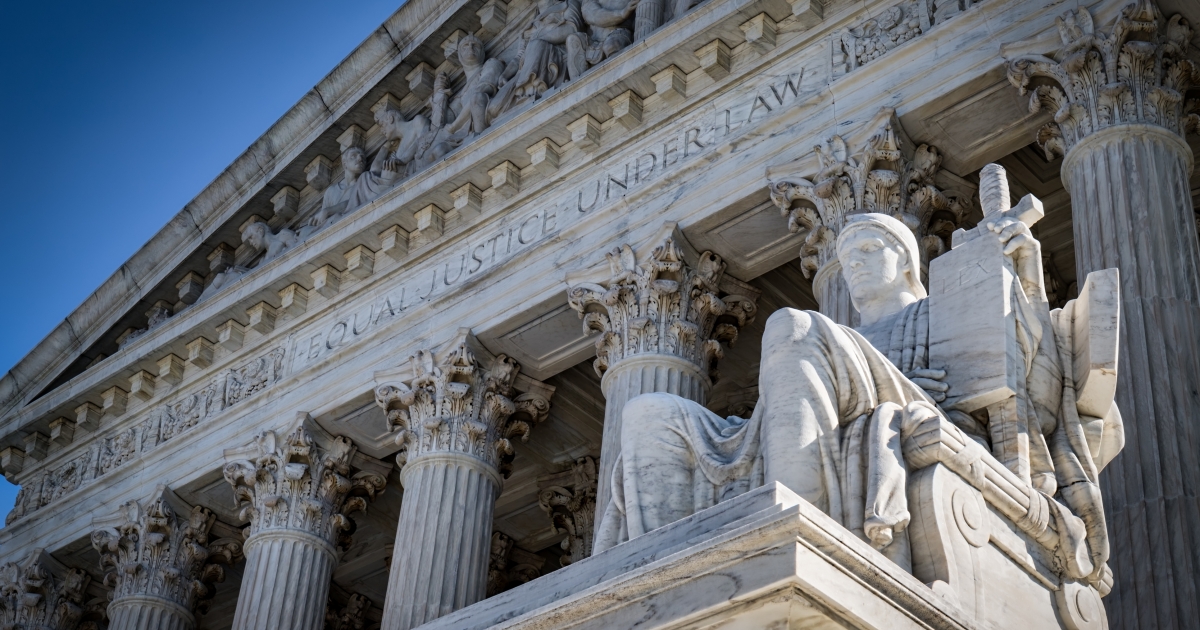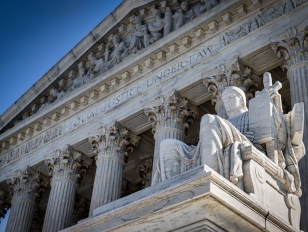
Peter Yacobucci, Buffalo State College associate professor of political science and public administration, has studied the U.S. Supreme Court extensively.
On May 18, he shared his expertise with WBEN-AM 930 regarding the highest court’s decision to revisit its 1973 landmark case Roe v. Wade, which protects a woman’s right to an abortion before fetus viability, or the point at which a fetus can survive outside the womb.
After a long delay, the justices decided they will hear Dobbs v. Jackson Women’s Health Organization, a case generated out of Mississippi, when they reconvene in the fall. The state recently passed a law banning nearly all abortion procedures after 15 weeks. Jackson Women’s Health Organization, the only licensed abortion facility in the state, sued to overturn the law. A district court and a federal appeals court said the law was unconstitutional, prompting Mississippi’s appeal to the Supreme Court.
This is a direct challenge to the “undue burden” standard established by Planned Parenthood v. Casey in 1992, in which the Supreme Court maintained that states can restrict abortion rights as long as they do not pose an undue burden on the woman before the fetus reaches viability, Yacobucci explained.
He added that the makeup of the Supreme Court has changed since conservative anti-abortion justice Amy Coney Barrett replaced abortion rights justice Ruth Bader Ginsburg, who died in September 2020. When asked if the Supreme Court’s decision to review the issue means that Roe v. Wade could be overturned, Yacobucci said it’s possible but not a given.
“There are political implications for overturning this decision,” he said. “Its politics are different than our elected branches, but the Supreme Court is a political entity nevertheless.”
He pointed to a recent Pew Research Center poll indicating that 60 percent of Americans support abortion rights in all or most situations.
“This percentage has remained remarkably consistent this entire century,” he said. “Many members of SCOTUS will be reluctant to overturn Roe with such a national opinion. This isn’t because of their devotion to Roe’s holding, but fear of the damage it would do to the court’s ability to render future judgments.”



